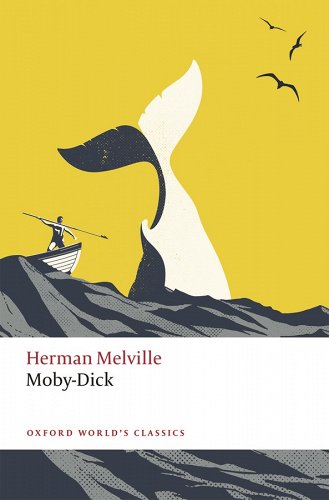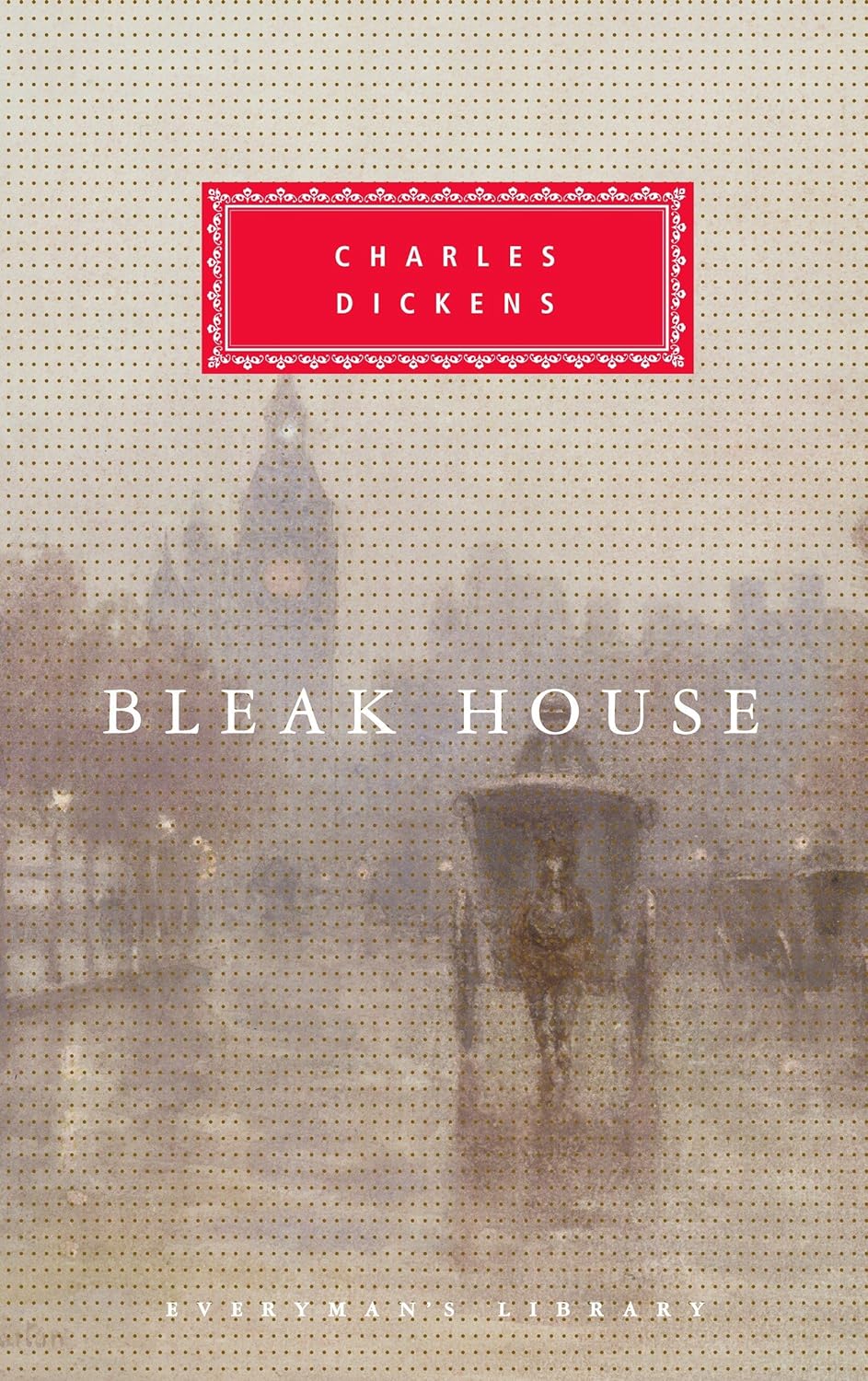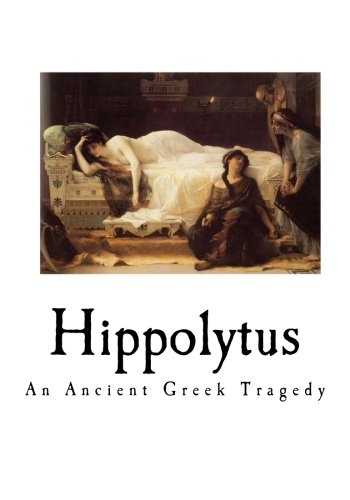My first Thomas Hardy novel was simply fantastic. Emotionally poignant but also socially resonant, Tess of the D’Ubervilles (1891) provides an intriguing story about Victorian social and sexual hypocrisy through characters with clear flaws to recognize and appreciate. And yet, although it was clearly a commentary on the social structures and sexual morality in Victorian





